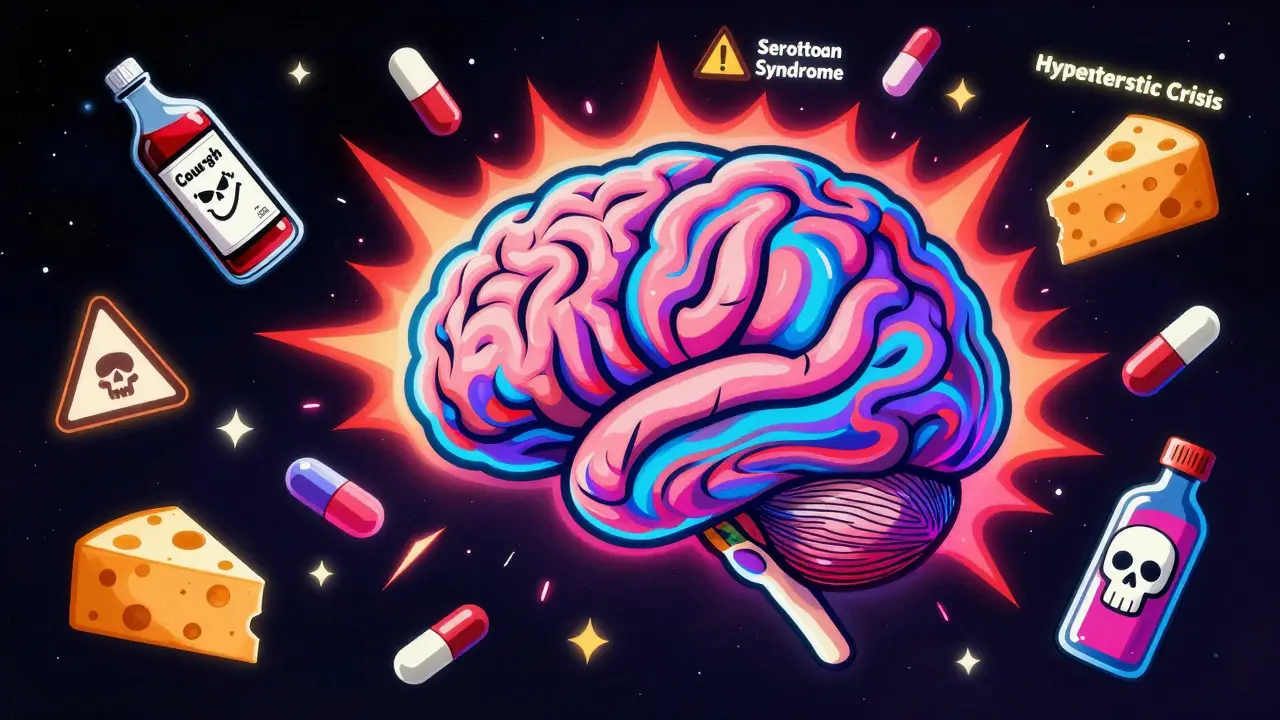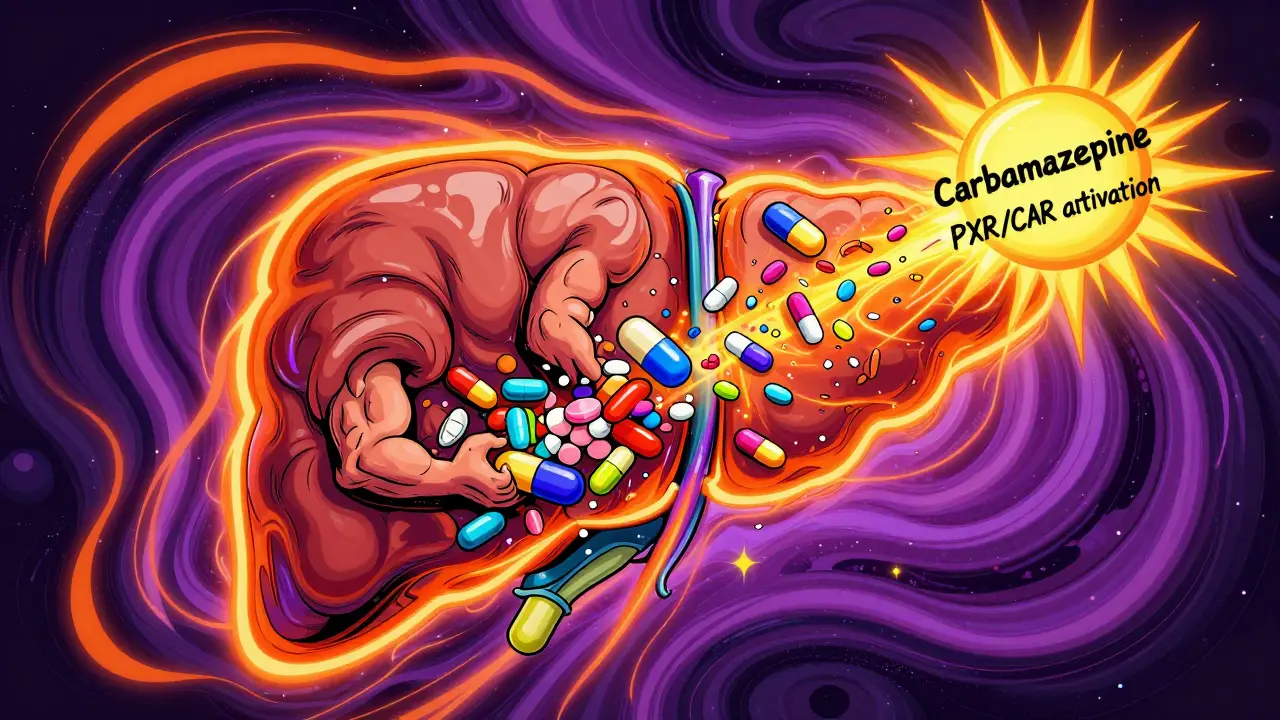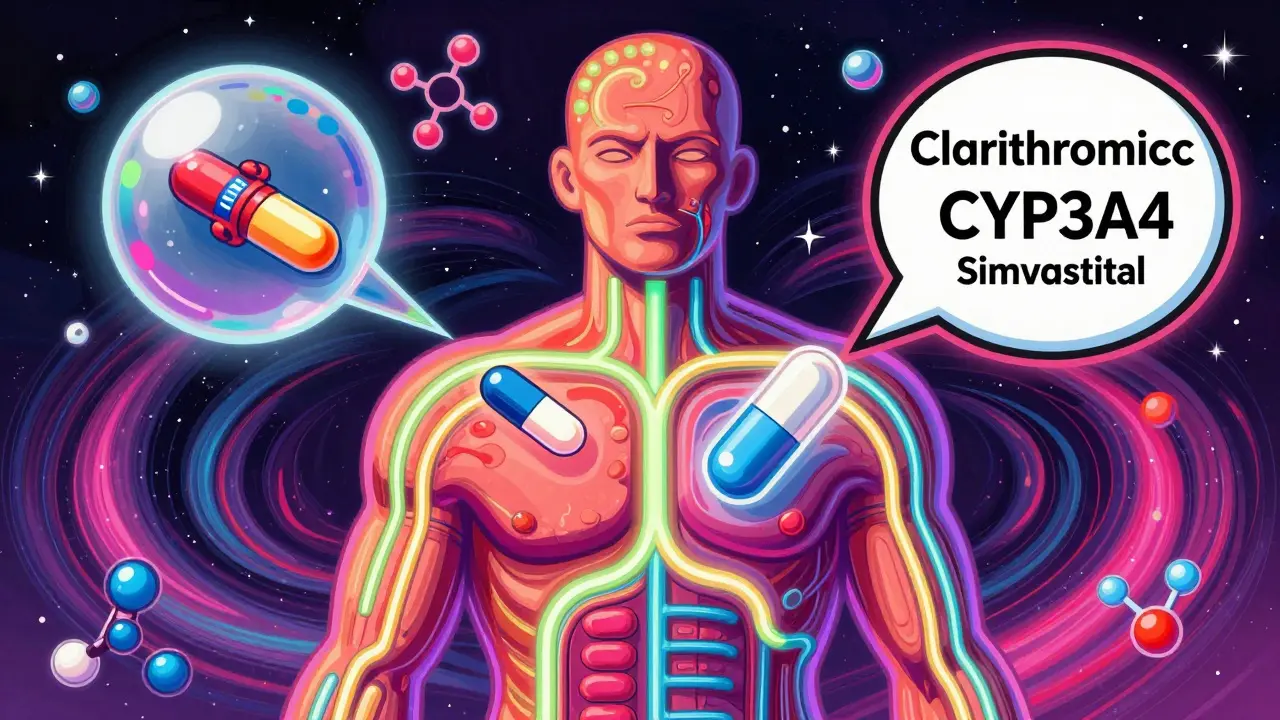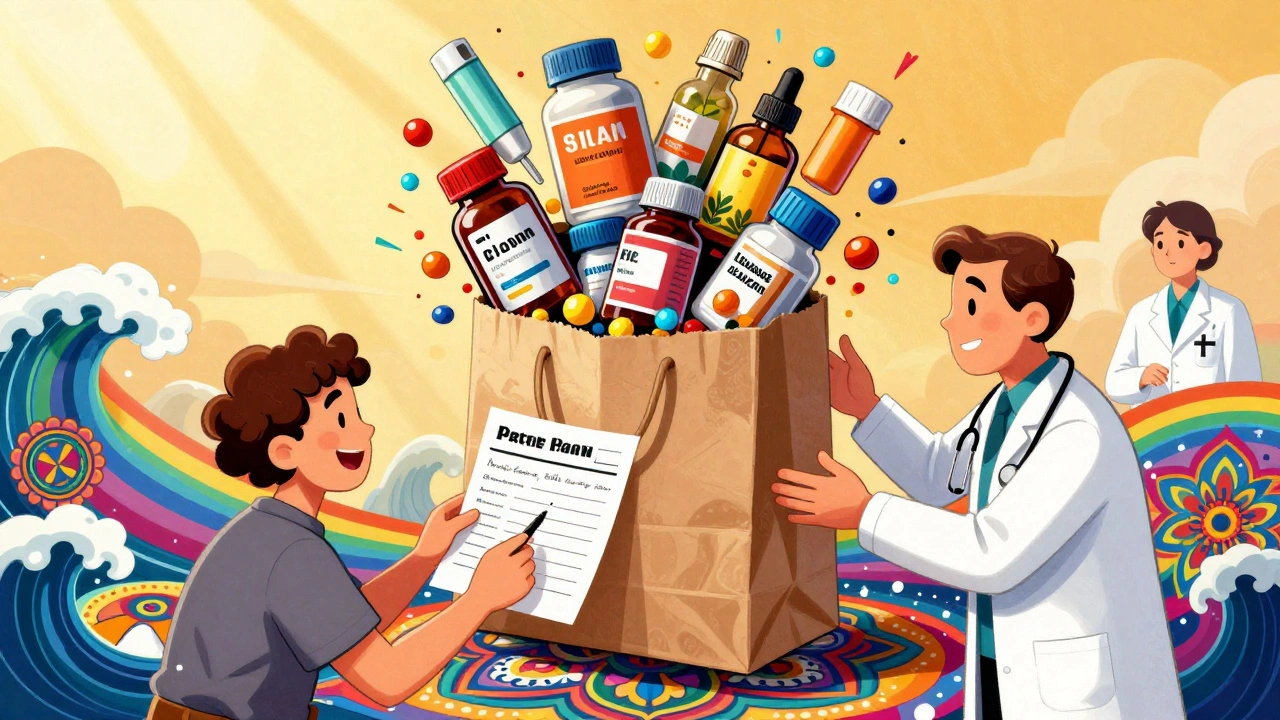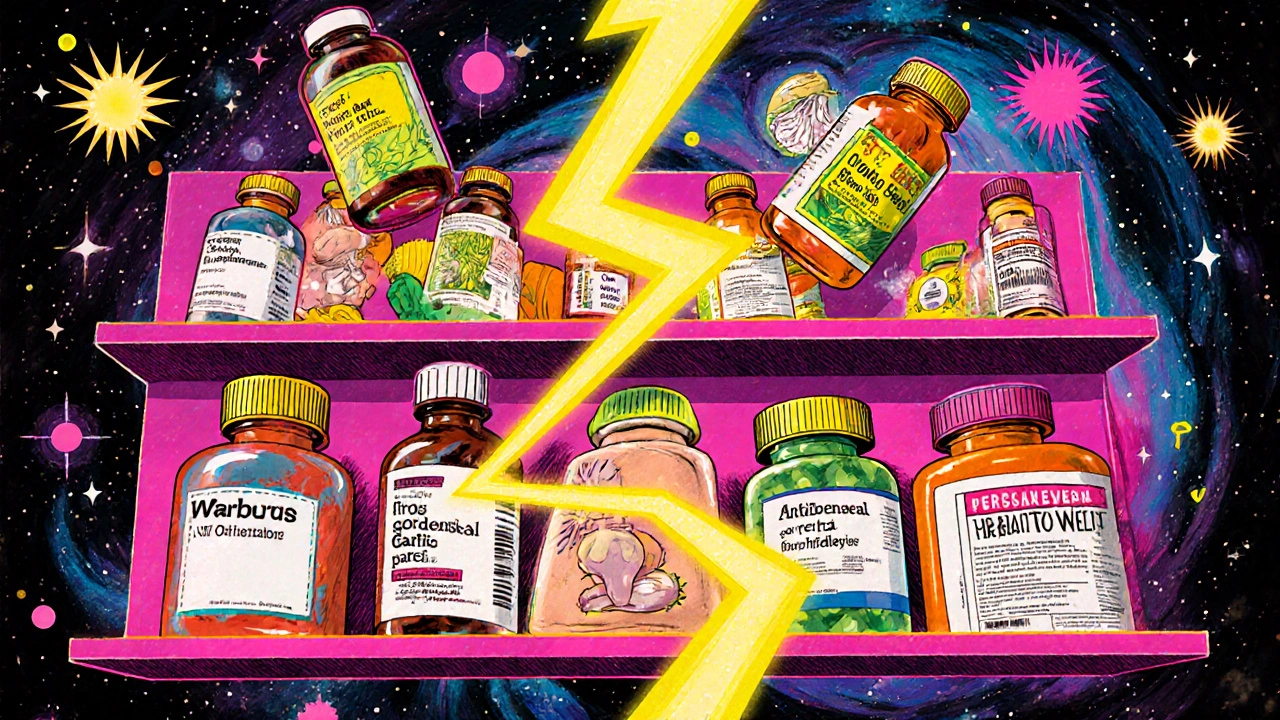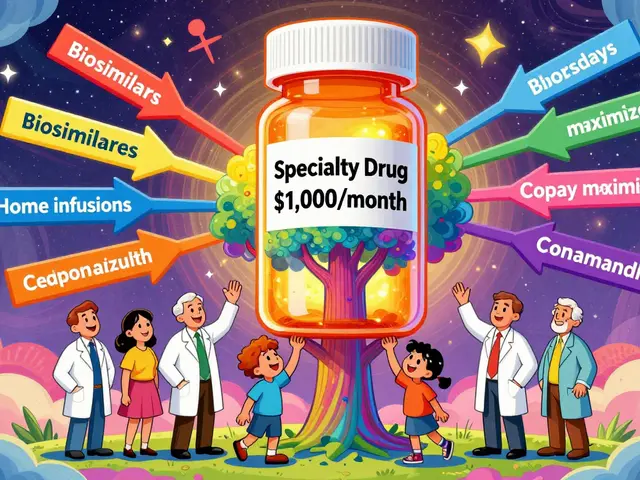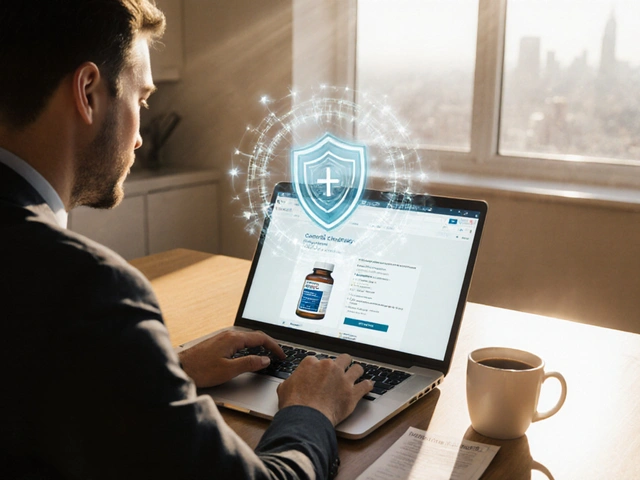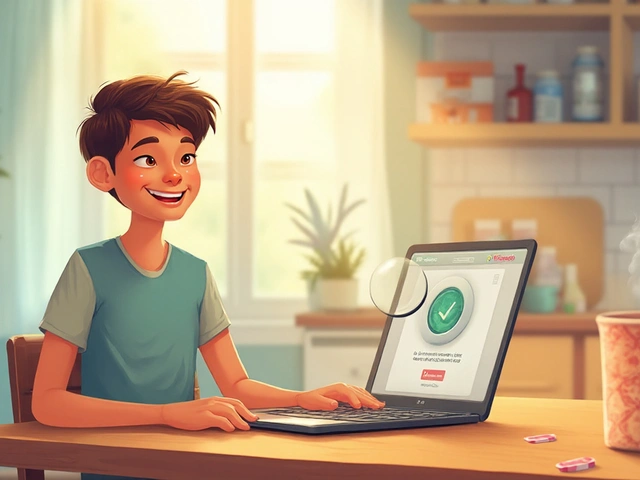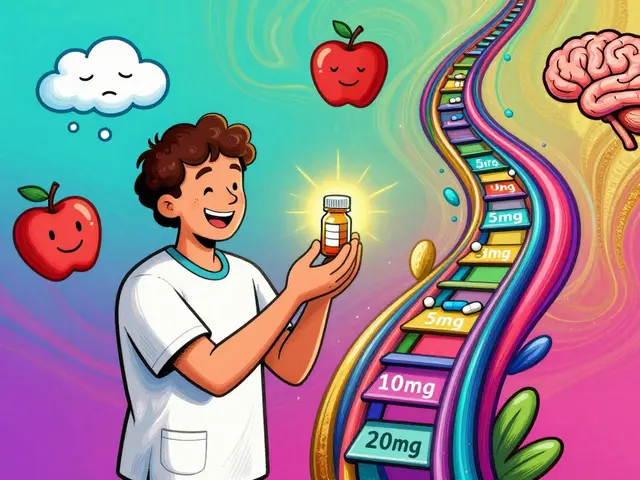Drug Interactions: What You Need to Know to Stay Safe
When you take more than one medication, or even a supplement with your prescription, you’re playing a game of chemical roulette. Drug interactions, the unexpected and sometimes dangerous effects that happen when two or more substances affect each other in your body. Also known as medication interactions, they don’t always show up as obvious side effects—they can make a drug stronger, weaker, or turn it into something harmful you never expected. This isn’t just about pills you take together. It’s about what you eat, what you drink, even how much you move. A statin might work fine on its own, but add intense exercise or a supplement like creatine, and your muscles start paying the price. That’s not a coincidence—it’s a drug interaction you didn’t see coming.
Some interactions are well-documented and still slip through. Didanosine, an old HIV drug, can clash with common antacids, reducing its effectiveness and putting your treatment at risk. Meanwhile, statin side effects like muscle pain aren’t always just about the drug—they’re often worsened by other meds, supplements, or even your genetics. The SLCO1B1 gene test isn’t just science fiction; it’s a real tool that helps doctors pick safer statins before you even start. And it’s not just about heart meds. Antibiotics like Bactrim can react with blood thinners, painkillers like ibuprofen can wreck your stomach if mixed with steroids, and allergy pills like Claritin might seem harmless until you combine them with something that slows down your liver’s cleanup system.
Pharmacies aren’t just dispensers—they’re your last line of defense. But even they miss things. Early refills, duplicate prescriptions, and overlooked supplements happen more than you think. That’s why pharmacy errors are one of the top causes of avoidable harm. The good news? You don’t have to wait for someone else to catch it. Know your meds. Know what you’re taking, why, and what else might be in your system. Keep a list. Ask your pharmacist: "Could this interact with anything else I take?" Even if you think it’s "just a vitamin." Because in the world of drug interactions, there’s no such thing as too much caution. Below, you’ll find real stories, real data, and real fixes from people who’ve been there—so you don’t have to learn the hard way.
MAO Inhibitors: Dangerous Interactions with Common Medications
MAO inhibitors can save lives-but mixing them with common meds, supplements, or foods can cause deadly reactions. Learn which drugs and foods to avoid and how to stay safe.
Carbamazepine as a CYP Inducer: How It Interacts with Common Medications
Carbamazepine strongly induces liver enzymes that break down many common drugs, leading to treatment failures and dangerous side effects. Learn which medications are affected, how to manage interactions, and what alternatives exist.
Pharmacokinetic vs Pharmacodynamic Drug Interactions: What You Need to Know
Understand how pharmacokinetic and pharmacodynamic drug interactions work, why they matter, and how to avoid dangerous combinations. Learn the key differences and real-world examples that affect medication safety.
How to Share Your Medical History for Safer Medication Decisions
Learn how to accurately share your full medical history-including prescriptions, OTC drugs, and supplements-to prevent dangerous medication errors and ensure safer treatment decisions.
Herbal Supplements That Interact with Common Prescription Drugs
Herbal supplements like St. John's Wort and ginkgo biloba can dangerously interact with common prescription drugs, reducing effectiveness or causing life-threatening side effects. Learn which herbs are risky and what to do to stay safe.

